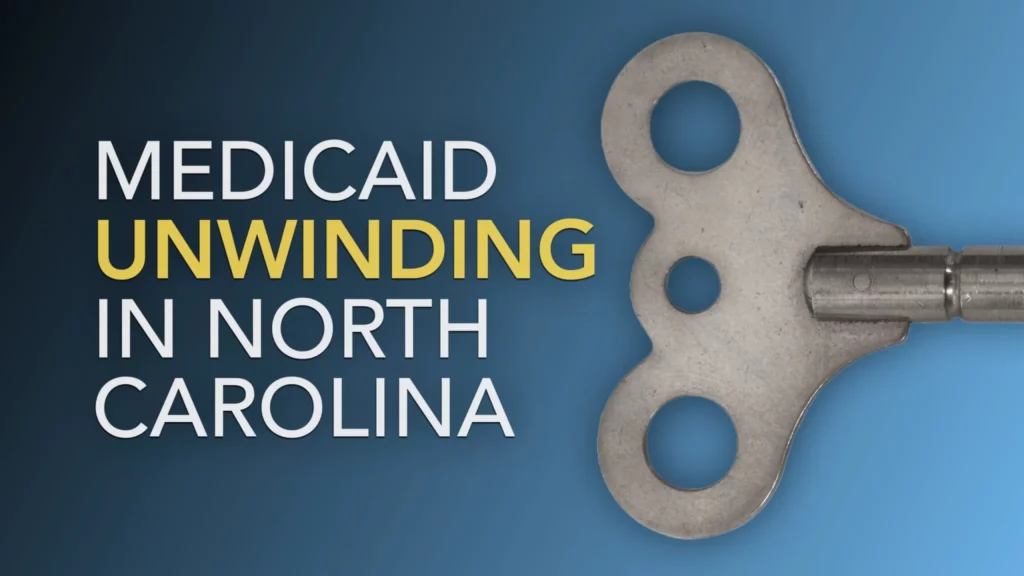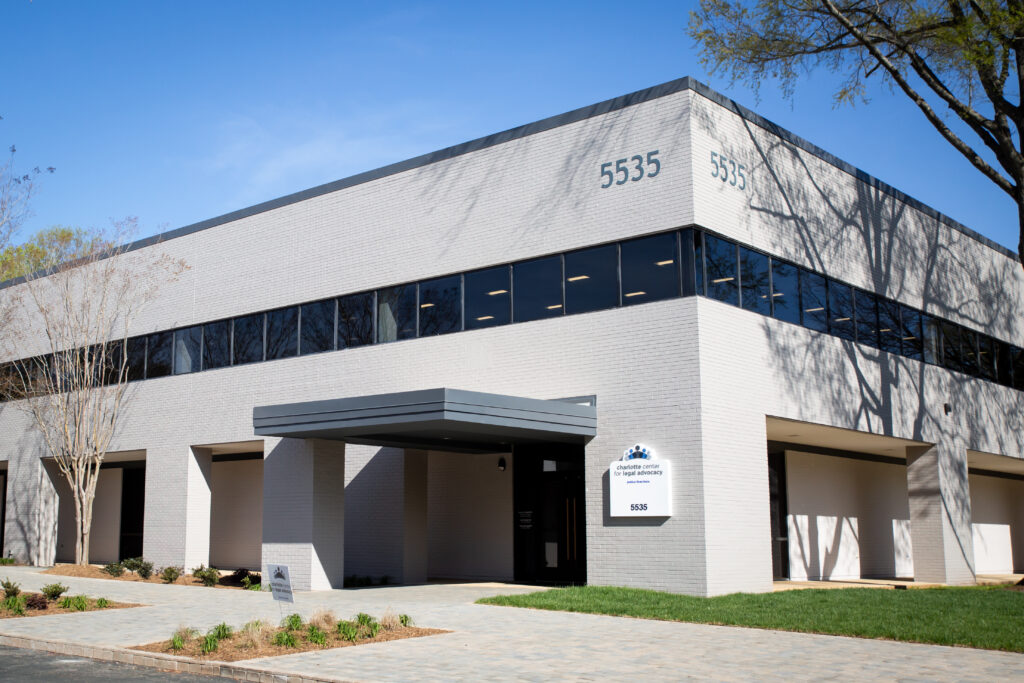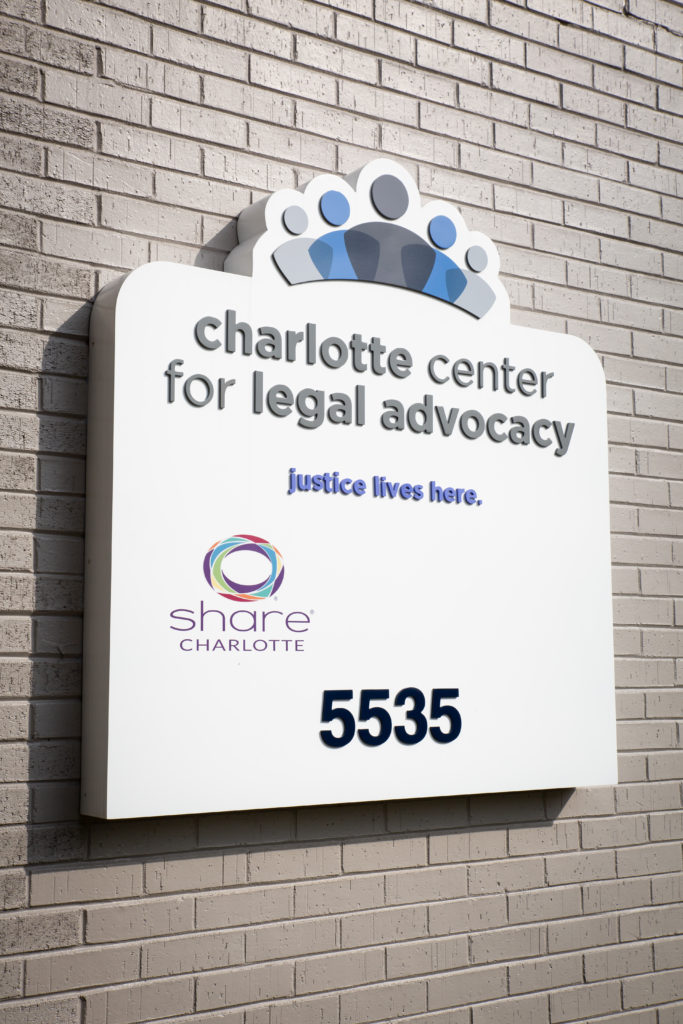United by a common cause, Legal Aid of North Carolina, Charlotte Center for Legal Advocacy (Advocacy Center), and the North Carolina Justice Center, are working together to obtain legal relief for immigrant victims of crime amidst significant delays in U Visa application processing.
Over 150 victims of crime have filed suit in Nebraska and Vermont against the U.S. Citizenship and Immigration Services (USCIS) alleging that the agency has delayed the processing of the victims’ U Visa applications for years. The victims have cooperated with law enforcement agencies to prosecute the perpetrator, making them eligible for U Visa legal status in the United States. However, significant delays in the granting of the visas have left victims without justice.
Congress enacted the U Visa for victims of crime in 2000 as a tool for law enforcement and a means to provide benefits to victims of crime who have been helpful to law enforcement. Benefits such as work authorization and legal status help victims achieve financial stability and independence. The years-long delays in processing the applications mean that victims are unable to work and support themselves and their families.
“For the domestic violence victim who just reported the crimes of their abusive partner, the very same partner that paid the rent, it’s essential that work authorization is available as soon as possible, not five years from now,” said Rona Karacaova, Managing Attorney of Legal Aid NC’s Battered Immigrant Project. “These lawsuits will improve public safety and bring financial stability within victims’ reach like Congress intended.”
Legal Aid of NC’s Battered Immigrant Project, the Advocacy Center’s Immigrant Justice Program, the NC Justice Center, and Brad Banias of Banias Law, along with assistance from local counsel, Brett Stokes and Jill Martin-Diaz of the Vermont Immigrant Assistance Clinic at Vermont Law and Graduate School, filed the lawsuits against USCIS in Nebraska on Jan. 9 and Vermont on Feb. 2, 2023.
The lawsuits seek agency action on the delayed cases, specifically employment authorization, protection against deportation, and travel documents for petitioners abroad in need of re-unification with their families in the U.S. The lawsuits are also the first of their kind brought on behalf of U visa petitioners en masse in Nebraska and Vermont.
“We support the litigation filed by Legal Aid of NC, NC Justice Center, and Charlotte Center for Legal Advocacy on behalf of U visa petitioners,” said Sheriff Charles S. Blackwood on behalf of the Orange County, NC Sheriff’s Office. “Any victim who learns it will take years to receive a U visa is likely discouraged from applying. The potential benefits of obtaining lawful status through the process feel too remote and are therefore not an effective incentive to report any crime or voluntarily engage with a law enforcement officer. Reluctance on the part of any portion of the community to report crime jeopardizes everyone’s safety and complicates our ability to protect the most vulnerable members of society.”
Legal Aid NC’s Battered Immigrant Project, the Advocacy Center’s Immigrant Justice Program, and the North Carolina Justice Center advocate for immigrant survivors. The lawsuits are intended to compel the USCIS to follow Congress’s intent to protect immigrant victims of crime and provide law enforcement effective tools to investigate and prosecute serious criminal activity.


